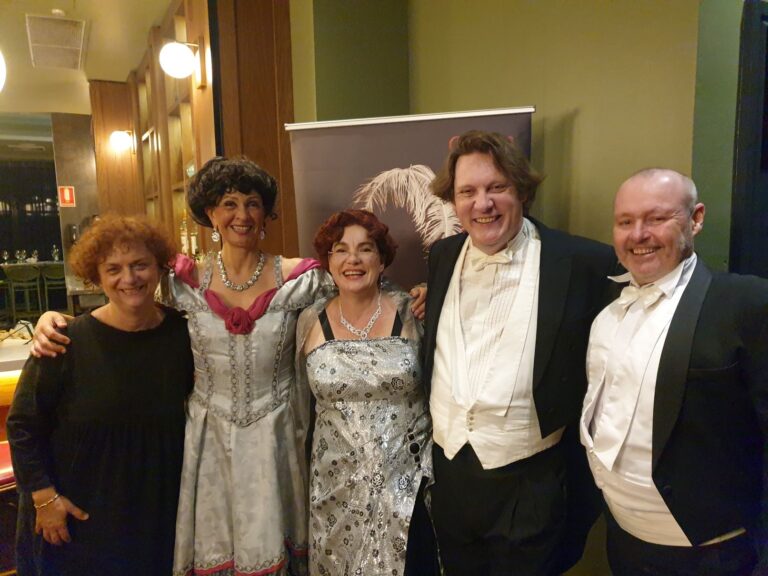
New push for justice over TJ Hickey case
On the morning of Valentine’s Day, some 100 people gathered to remember the young TJ Hickey, a fourteen year-old boy killed in police custody in Redfern in 2004. Flowers and dedications were laid on the site where Hickey died, outside an apartment block in George St.
Speakers highlighted a renewed push for justice, both in the case of TJ Hickey and on the wider issue of deaths in police custody. Uncle Ray Jackson, President of the Indigenous Social Justice Association (ISJA), which organised the demonstration, said “Our goal is to get justice for TJ, which we see as an opening of the door for other deaths in custody cases”.
Gail Hickey, TJ’s mother, said the support was encouraging: “There’s more people here this year, I’m real pleased”. She spoke of her family’s ongoing struggle to place a permanent memorial at the site where TJ was mortally wounded, impaled on a fence during a police pursuit.
Since the first Anniversary in 2005, the family’s proposed memorial plaque has been obstructed by the NSW Police Force and Housing NSW, which owns the land on the site.
The Superintendent of Redfern Police, Luke Freudenstein, recently stated that the police no longer object to the memorial plaque. Yet on the day of remembrance, Gail Hickey reported that they have reversed their stance once again.
The police objection hinges on a few words of the dedication on the plaque, stating that TJ’s fatal wounds were incurred in the course of a “police pursuit”. Hickey confirmed that her family is not willing to back down on the inclusion of these words.
Sydney Lord Mayor, Clover Moore, has voiced support for the memorial plaque, and is set to host meetings between Hickey supporters, the police, the Aboriginal Housing Company, and Housing NSW to help make it happen.
Under darkening skies, the lively march proceeded to Redfern Police Station, where a minute’s silence was held. In contrast to previous years, the procession was barred from the area directly outside the police station.
The march concluded at The Block in Eveleigh St, Redfern. Ray Jackson, of the Indigenous Social Justice Association (ISJA), announced plans to build a Memorial on The Block in honour of all deaths in custody in NSW. According to Jackson, there have been over 400 such deaths since records began in 1980, including three deaths in 2009. The ISJA awaits a response from Mick Mundine’s Indigenous Housing Company (IHC), which owns the land.
Community activist, Lyall Munro spoke about the need to re-open the Coronial Inquest into TJ Hickey’s death, to examine key facts which were excluded from consideration. Munro emphasised questions about what happened at the scene itself, such as, “who removed TJ from the impaling fence, even though this is a breach of first aid? Why was there a significant time lapse before an ambulance was called?”
“TJ died early the next morning. If in fact there was a time delay of two to three hours at the scene, anyone in their right mind would see there was negligence”, Munro said.
According to Ray Jackson, vast swathes of essential evidence were excluded from the Inquest. The Autopsy Report was never presented. The logs of police radio communications, known as VKG Logs and centrally stored, were never examined, nor was video footage of the event. The police Aboriginal Community Liaison Officers were prevented from testifying, and no police witnesses were ever called. Meanwhile, forensic evidence was allegedly ignored or eliminated, for instance via the washing of the police vehicle immediately after the event. “The fight for justice will continue, and we won’t rest until that justice is won”.
The Hickey family is now taking its search for justice to the United Nations. A claim has been lodged with the UN Human Rights Council, seeking a declaration to the effect that TJ Hickey’s rights to life were violated because the investigation into his death was conducted by the NSW Police Force, the same agency implicated in his death. Moreover, that his right to freedom from discrimination was breached, because the investigation into his death didn’t look at the broader issues around Aboriginal deaths in custody and how discrimination impacted on his death. The UN has contacted the Australian government about the case.









